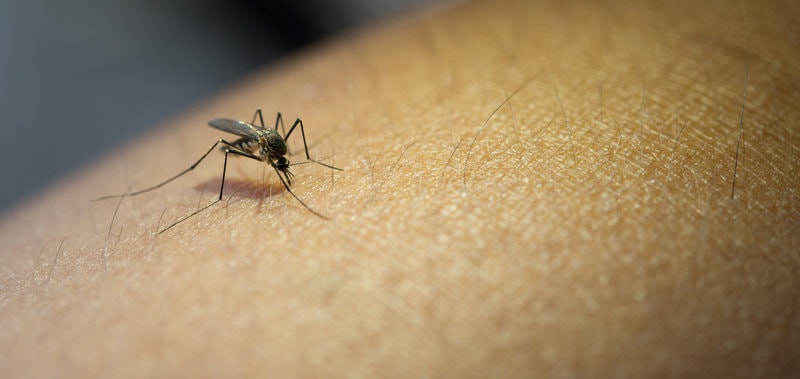
There are many different kinds of insects or “insect-like bugs” that can cause an allergic reaction:
Stinging Insects
Bees, wasps, hornets, yellow-jackets and fire ants are the most common stinging insects that cause an allergic reaction. When these insects sting you, they inject a toxic substance called venom. Most people stung by these insects recover within hours or days. In others, this venom can trigger a life-threatening allergic reaction.
Biting Insects
Mosquitoes, kissing bugs, bedbugs, fleas and certain flies are the most common biting insects known to cause an allergic reaction. Most people bitten by insects suffer pain, redness, itching, stinging and minor swelling in the area around the bite. Rarely, insect bites may trigger a life-threatening allergic reaction.
A bite from a Lone Star tick can cause people to develop an allergy to meat. These ticks carry alpha-gal (a sugar). When a tick bites a person, it transfers alpha-gal into the bloodstream. The person’s immune system then reacts to it. Alpha-gal is also found in mammal meat (beef, lamb, pork). If you have allergy symptoms after eating meat, see an allergist.
Household Pests
Non-stinging and non-biting insects can also cause allergic reactions, particularly cockroaches and insect-like dust mites. These two insects may be the most common cause of year-round allergy and asthma. Unlike a cockroach, a dust mite is too small to see with the naked eye. The cockroach and dust mite’s waste and body cause allergic reactions. They also can trigger asthma symptoms and asthma attacks.
Source: AAFA

